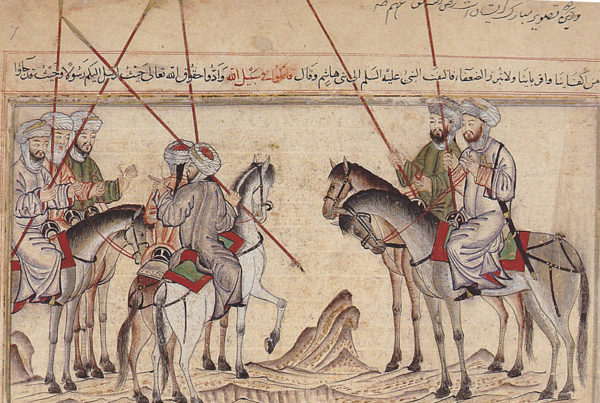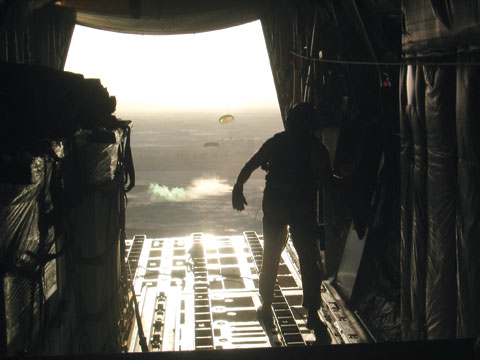Paul Palango is an old-fashioned reporter – a dogged researcher with a long history of excellent investigative journalism from his days at the Globe and Mail. He’s got the prizes and the history to show for the quality of his work, and has spent much of the last two decades looking into Ottawa and the RCMP. His third book on the subject has just been released: Dispersing the Fog: Inside the Secret World of Ottawa and the RCMP (Key Porter, Toronto, 2008).
[insert photo 1]
Situation not exactly as depicted…
What Palango writes about in this series is the corruption of power in Ottawa and a lack of accountability; and particularly how this is corrupting the RCMP and eroding its core values. What the Mounties represent to Canadians and what they are becoming are increasingly different. For decades, the Mounties have been getting squeezed for resources and ‘modernized’ by a politicized mandarinate that does not care to be too accountable for its actions. One gets the sense that among the many sources Palango has tapped are deeply frustrated members of the Force; this reviewer has had similar conversations with Mounties in five provinces who all echoed Palango’s assertions.
Dispersing the Fog heads into some very murky areas, not least of which are the issue of the 1997 Sidewinder Report on Chinese penetration of Canada’s government, and the Arar Inquiry. Even Palango’s critics within the Mounties approve of his take on Arar – he asks the questions that no reporters and nobody in Ottawa did. The results of the Arar Inquiry aren’t worth a bucket of warm spit, and Palango points out why. On the other hand, even Palango hesitates to state what the real story on Arar might be, and only takes the reader so far; leaving us free to draw our own conclusions. Since Palango’s book was published, we’ve learned that Omar Khadr identified Arar by name from a photo to the FBI during an interview in Guantanamo Bay back in 2002. More questions indeed…
Palango’s books come strongly recommended for one major reason – they are very unsettling and might leave some readers with many sleepless nights. What is happening to the Mounties is happening to other Canadian institutions, and no healthy body-politic can afford to ignore the smell of rot and putrification for as long as we have.








